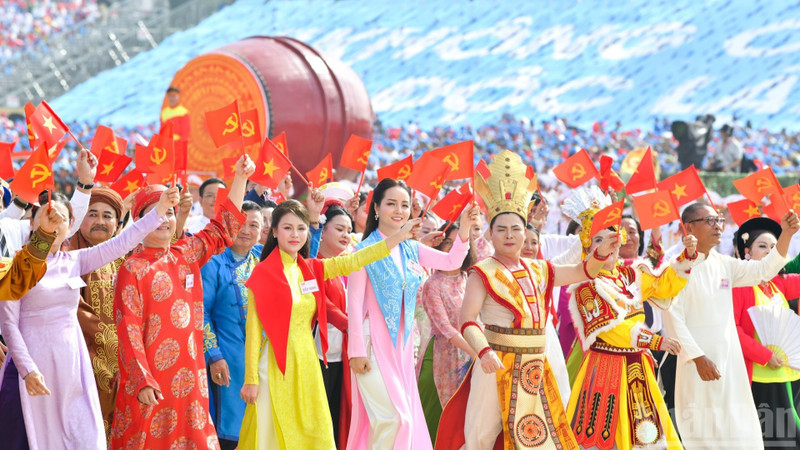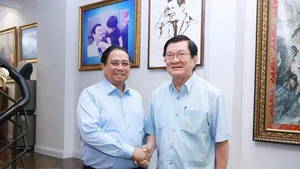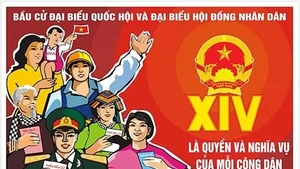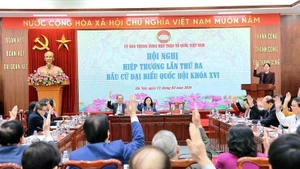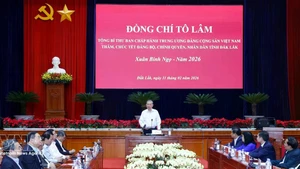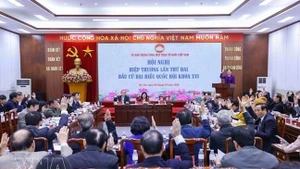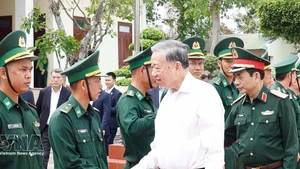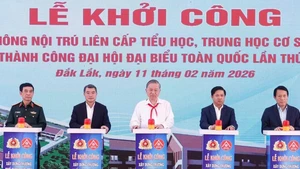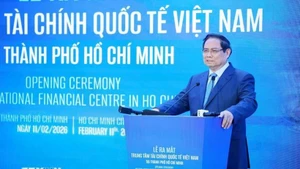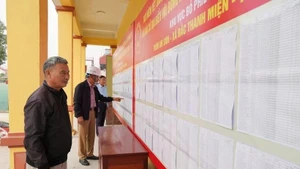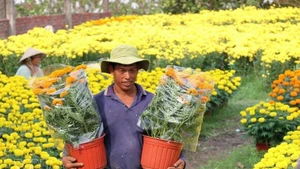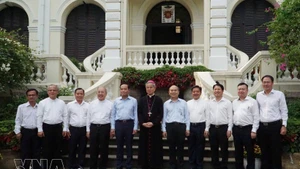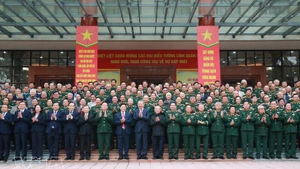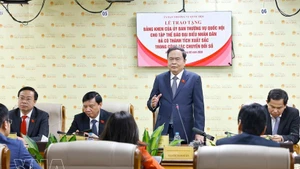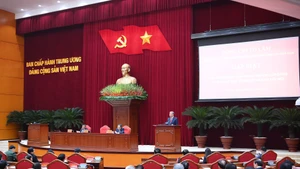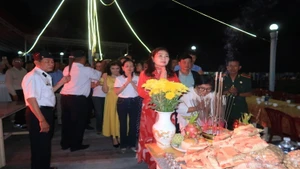Culture – A regulating system for development
Deputy Bui Hoai Son (Ha Noi) expressed his strong agreement and appreciation for the innovation, strategic foresight, and comprehensiveness of the draft Political Report.
He emphasised that a particularly meaningful highlight of the document is the recognition of culture and human development as being on par with economic, political, and social development — viewing them as the foundation, intrinsic strength, and regulatory system for Viet Nam’s rapid and sustainable growth.
According to the deputy, the assertion that “the development of human resources and culture must truly become the foundation, intrinsic strength, and a major driving force for the country’s rapid and sustainable progress” is not merely a declaration of culture’s role but a redefinition of culture within the national development model.
He stressed that the inclusion of national, cultural, family, and personal value systems as core components of the draft represents one of its most important pillars — the “cultural gene” of the nation. He suggested that these value systems should be concretised in the Political Report itself to ensure higher consistency and alignment in implementation.
Additionally, the draft’s emphasis on developing cultural industries, entertainment sectors, heritage-based economies, and cultural services marks a strategic step forward, opening up new economic spaces in the knowledge-based economy.
He proposed breakthrough policies in finance, credit, copyright, and investment for cultural creativity — particularly in supporting cultural enterprises, artists, and grassroots cultural institutions.
Deputy Bui Hoai Son also underlined the importance of comprehensive human development, including ethics, intellect, physical health, aesthetics, life skills, and creativity, identifying people as both the goal and the driving force of development. He asserted that investment in culture and people yields the highest socio-economic returns.
One notable initiative, the National Target Programme on Cultural Development 2025–2035, was described by him as a breakthrough step, reflecting the Party and State’s commitment to ensuring long-term, stable resources for cultural growth.
Furthermore, the draft’s inclusion of digital transformation in culture was highlighted as a crucial driving force to expand creative spaces, enhance management efficiency, and ensure equitable access for all citizens.
He recommended further specifying policies related to the digital cultural product and service market, digital transformation in heritage management, performing arts, publishing, and museums, with the aim of establishing a national digital cultural ecosystem — bringing Vietnamese culture to the world through Vietnamese technology.
“The upcoming 14th Party Congress will open a new era — an era of development through culture, by the people, and for the people,” deputy Bui Hoai Son emphasised.
Developing modern, advanced, and distinctively Vietnamese arts and culture
Also addressing cultural matters, deputy Tran Thi Thu Dong (Ca Mau) praised the draft report on Party-building work and the implementation of the Party Charter during the 13th tenure, noting that it comprehensively summarises achievements, limitations, lessons learned, and directions for the next term.
Contributing to the draft Political Report, Thu Dong expressed strong agreement with the Party’s viewpoint on “developing a strong and comprehensive Vietnamese culture and people.” She proposed adding the phrase “modern, advanced, and imbued with national identity” to the section on “building and developing literature and the arts,” to better express the vision of creating a modern culture deeply rooted in traditional values.
Regarding the evaluation of Viet Nam’s cultural development, she suggested adding an assessment of the dual impacts of globalisation and Industry 4.0 on national culture, in order to prevent risks of “cultural invasion” and overreliance on stronger foreign cultures.
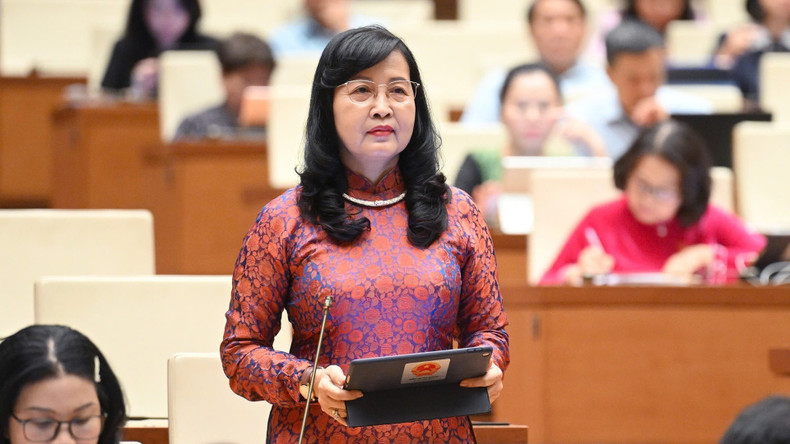
Thu Dong also proposed that the draft should elaborate more clearly on the mindset and breakthrough solutions for developing arts and culture, encouraging the participation of all economic sectors—particularly private enterprises—in investing in cultural and artistic creativity.
She recommended including a new orientation on “developing creative culture and visual culture in the digital space”, viewing it as an essential factor in the age of social media and artificial intelligence to guide public aesthetics and social responsibility in the online environment.
In addition, she called for more concrete policies to foster and promote artists, especially young talents; to make strategic investments in cultural industries linked to digital transformation; to preserve and promote national cultural heritage amid globalisation; and to develop green, modern, and smart cities with distinct cultural identities.
“Culture is the spiritual foundation and a driving force for development; it must be placed on an equal footing with the economy, politics, and society,” deputy Tran Thi Thu Dong emphasised, adding that further refinement of the draft will help reaffirm the Party’s guiding principles on the development of Vietnamese culture and people in the new era
